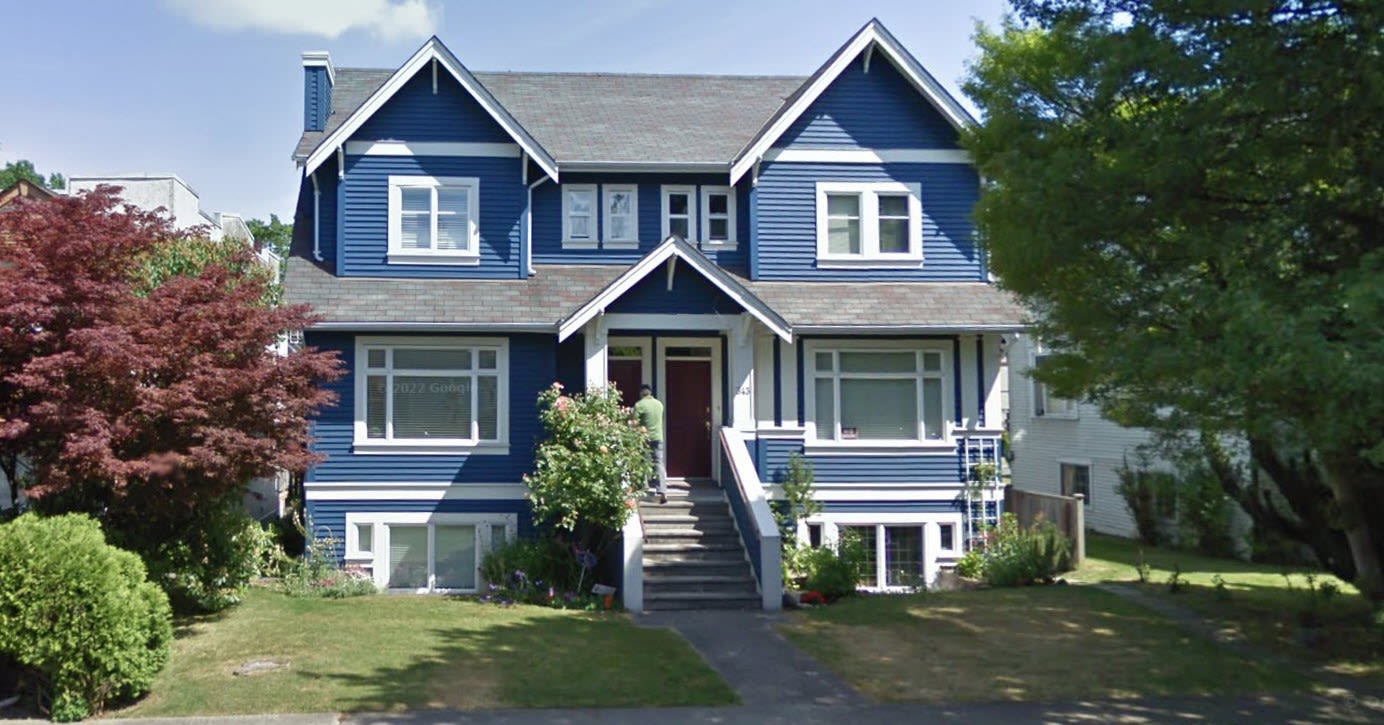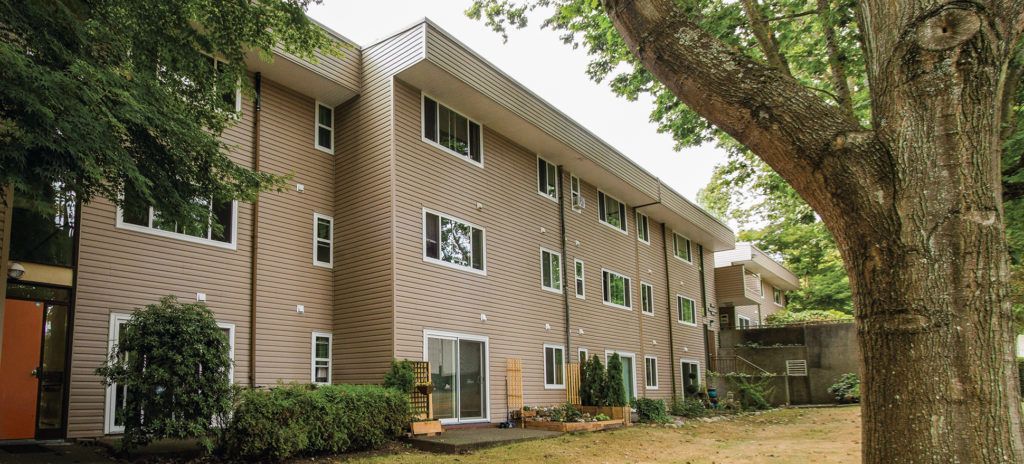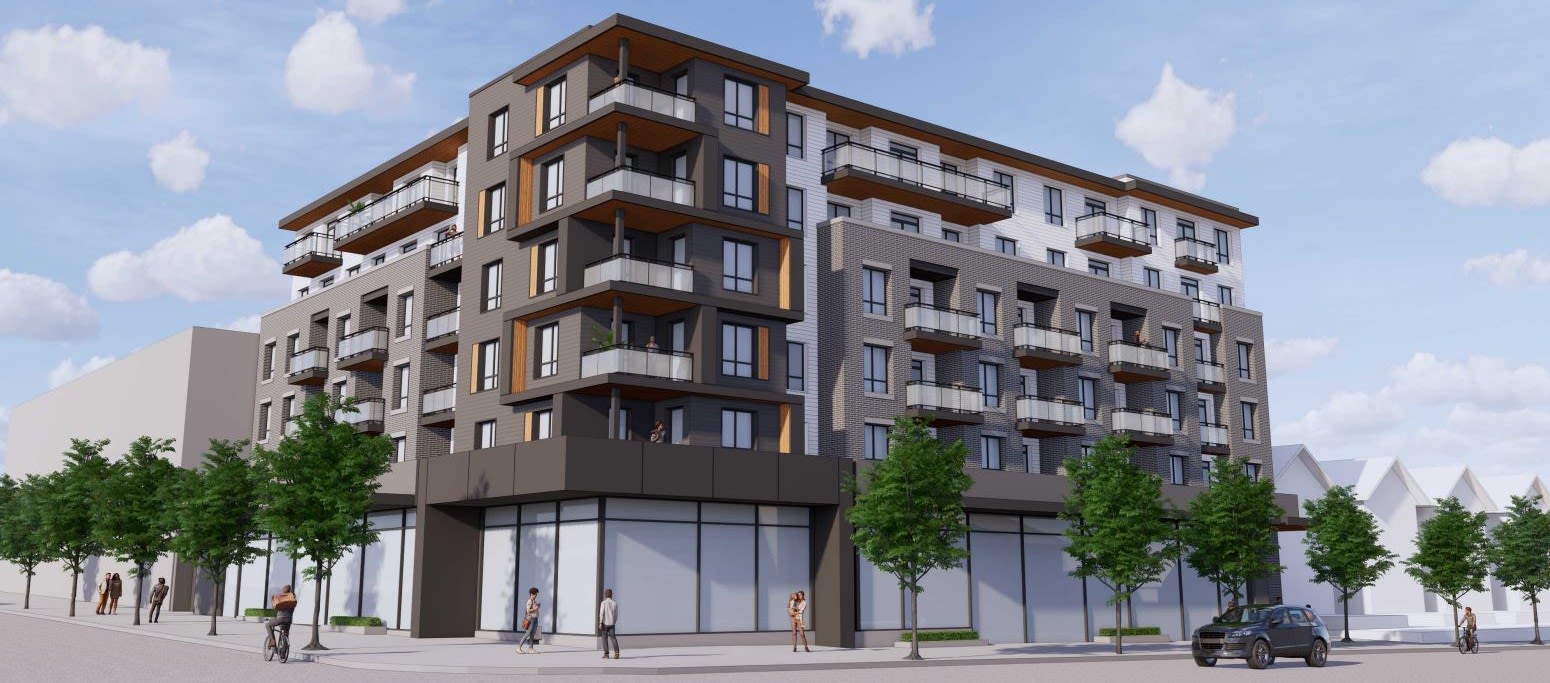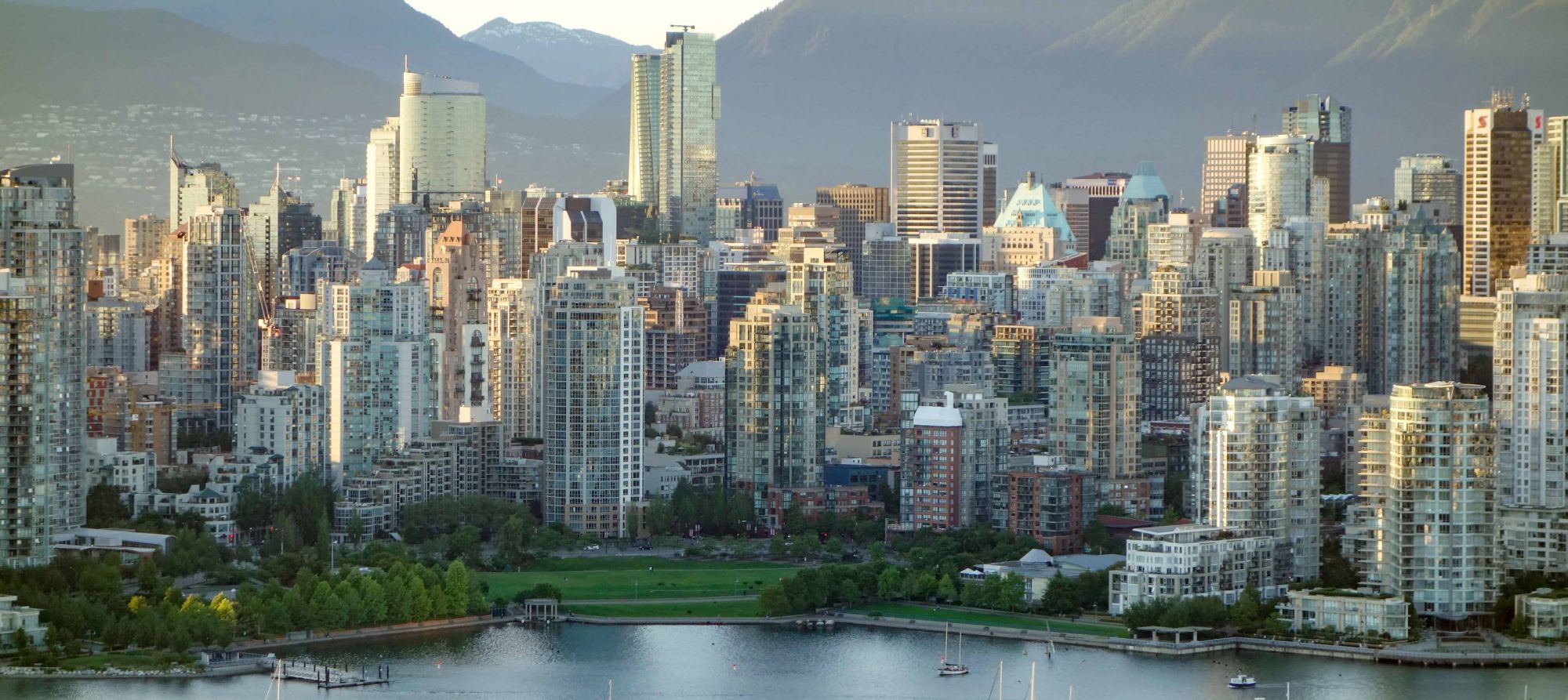Why does Vancouver have 895 zoning districts?
"Comprehensive Development"
If you try to do any kind of analysis of Vancouver’s urban planning, you quickly run into a problem:

Vancouver has a lot of zoning districts. 895 of them, to be exact1. That works out to roughly 1 zoning district for every 740 residents; I hope you weren’t planning on reading every one.
“Comprehensive Development”
About 9/10 of those zoning districts are bespoke ones; unique zoning bylaws that apply to one specific property, never to be reused. The pejorative term for this practice is “spot zoning,” but the official name is “comprehensive development” (CD). You can see the full list of 813 CD zones here.




If you look back at the earliest CD zones in Vancouver (starting in the 1950s), they often fit the theory; they apply to unusual sites like the (huge) Oakridge Centre mall and the PNE fairgrounds. Unfortunately things got out of hand, and over the years CD zones became a go-to tool for everything:




If you pick a random multifamily building from the 1980’s or later, the odds are good that it has its own CD zone.
OK, but does it matter?
Giving nearly every new building its own zoning bylaw creates some problems:
- This doesn’t scale. Writing a new zoning bylaw takes a lot of time for a trained professional, and every new bylaw needs to be approved by council at a public hearing.
- The more zones we have, the harder it is to make changes to our urban planning regime. Changing 1 zoning bylaw is really hard; changing 100 bylaws is nearly impossible.
- No one person2 can read and understand 800+ zoning bylaws; we’ve long since reached a point where our planning code is beyond the grasp of professionals (to say nothing of us interested amateurs).
As an example of #2, consider one train station on the Canada Line:
A decade after the Canada Line was built, the new things around the busy King Edward/Cambie station are as follows:
— Justin McElroy (@j_mcelroy) March 12, 2021
- 9 midrise market condos
- Only one has retail outlets
- Those outlets are a fitness place, an insurance company, and a Tim Hortons
- That's it
Vancouver!
Each condo building was given a unique CD zone, and for nearly all of those the planners just… didn’t allow retail uses.
If the buildings had all been assigned a standard multifamily zone, the zoning could be changed for multiple buildings at once. As is, every building will need its unique zoning bylaw updated individually — but Vancouver rarely does proactive zoning changes, and frankly doesn’t have the administrative capacity to rewrite 8 distinct bylaws at once. The best we can hope for is that one or two strata councils pressure the city to fix their building, and even that’s unlikely.
Why do we do this?
⚠️ Warning: Speculation Ahead ⚠️
It’s about control. CD zones can be (and usually are) narrowly written to allow one specific building form and use; no more, no less. This approach gives the planning department a great deal of control over what gets built, as compared to reusable zoning districts which need to be a little more flexible. And as we know, the planning department prizes their ability to shape and control urban design.
Typically this approach gets justified in the name of “good urban design”, but from what I hear it’s more about risk aversion. Planning is a highly politicized profession, and politicians+planners don’t want to get blamed for any unintended consequences of a zoning bylaw. One way to mitigate that risk is to be extremely prescriptive about what can be built, and CD zones accomplish that.
Admittedly, this is speculation and hearsay — but it’s informed by a decade of paying close attention to Vancouver planning and politics. If I got this wrong, please let me know.
-
Determined using the official Zoning districts and labels data set on January 30, 2023. ↩︎
-
To mitigate this, the UBC Sociology Zoning Project stepped up with a small army of research assistants to read and summarize zoning codes for us. They’ve done incredible work, but their work shouldn’t be necessary. ↩︎


